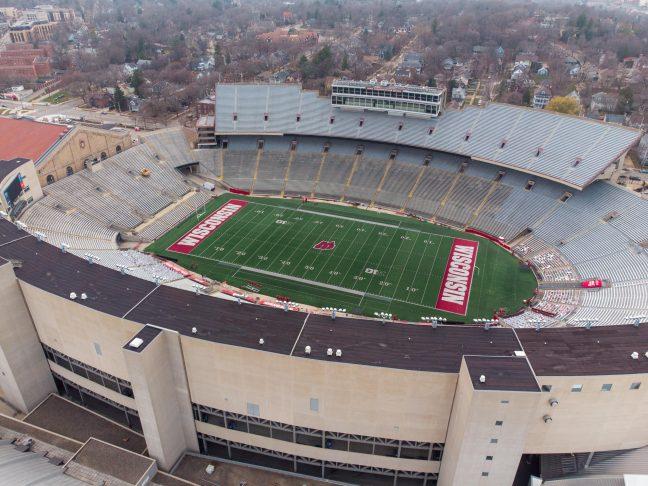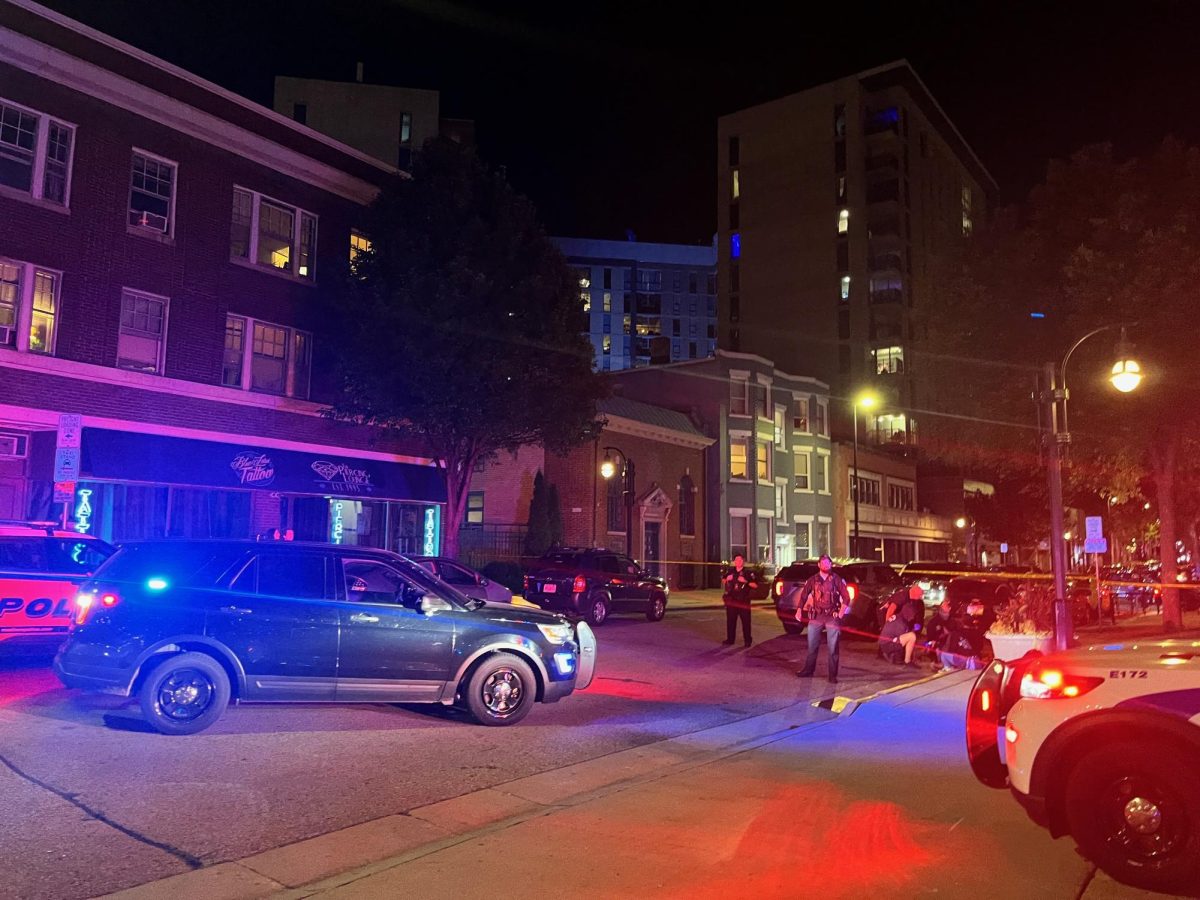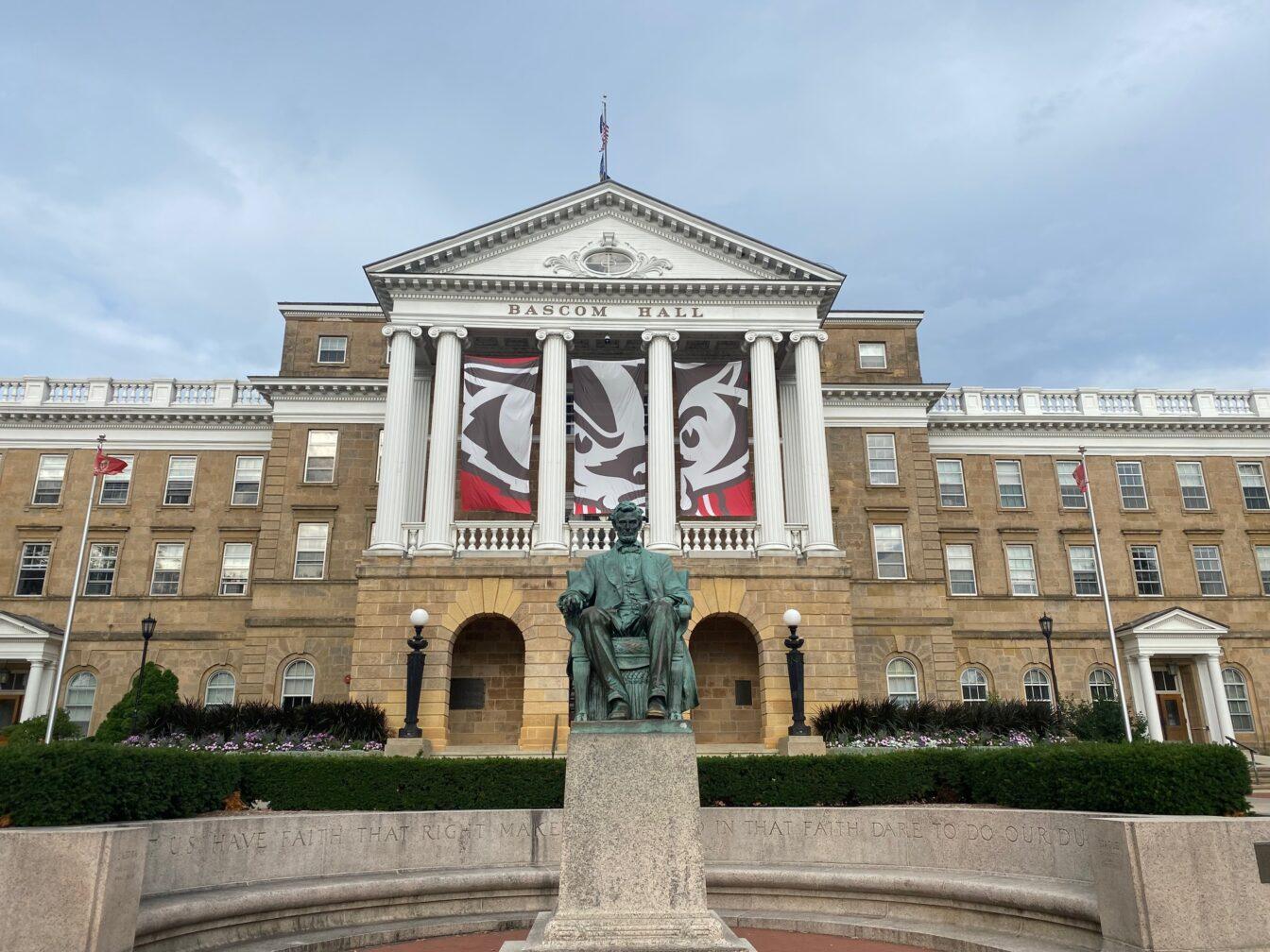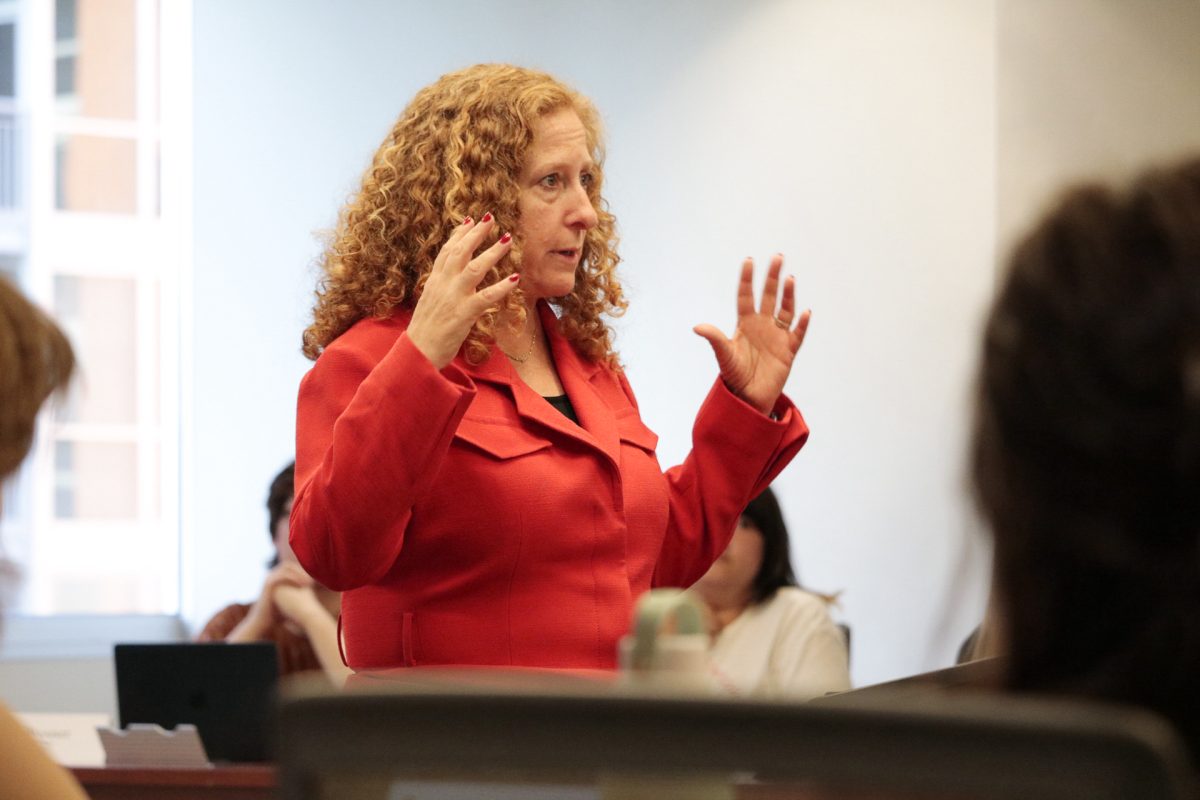Less than a year after insisting he has no plans to leave the University of Wisconsin, Paul Barrows has retired.
Barrows, who is African American, has long accused Chancellor John Wiley and other university administrators of racism over their handling of sexual-harassment allegations made against him in 2004. At the time, he was vice chancellor for student affairs.
Though Barrows was suspended for several months and given an almost $120,000 pay cut upon his return, a UW committee later found the allegations to be unconvincing and said disciplinary action against the former vice chancellor was unjustified.
According to Barrows, who had been in his new position as senior administrative program specialist in the office of the provost since September 2005, working with the UW administration became too trying.
"For my own spiritual health and personal redemption, I exercised my option," Barrows said in a phone interview Wednesday. "I no longer want to be part of a team that's rotten at the core."
In a Nov. 17 e-mail acquired by The Badger Herald, Barrows informed Provost Patrick Farrell of his "early retirement" from the university, effective Nov. 9, but does not document a reason.
Though it is unclear what benefits Barrows' retirement entitles him to, the former vice chancellor reiterated several times Wednesday that early retirement is an option he has "earned."
Despite his early retirement, Barrows said he is "not letting up one bit" in pursuing legal action against the university, Wiley and former Dean of Students Luoluo Hong for their actions.
Instead, Barrows' attorney Lester Pines said he will file a new lawsuit against the university as early as next week.
According to Pines, the Wisconsin Claims Board's decision Wednesday to deny a contract claim against the university opens the state up to a lawsuit.
The claim centers around an April 2005 job offer from Hunter College in New York, which would have paid Barrows a salary of $150,000. Barrows said he was prepared to accept that offer, but Wiley allegedly promised to meet that salary if Barrows remained in Madison.
Instead, Barrows was given a salary of just $72,881 in his new position.
"In reliance on that promise, Dr. Barrows turned down that Hunter College job, but the university never gave him the $150,000 per year job," Pines said. "That gave rise to a claim that is called a contract claim."
UW Communications Director Amy Toburen said Wednesday she is aware of pending legal action against the university and declined comment on its specific ramifications.
She also offered a positive perspective on a man whose presence has garnered a bevy of negative attention on the UW administration.
"He's had a very productive career here and has made a lot of contributions over time," Toburen said. "He did a lot of positive things."
Barrows, who did not rule out continuing his career in higher education, had worked at the university since 1989.







